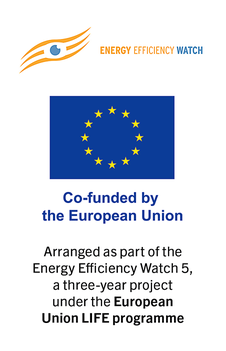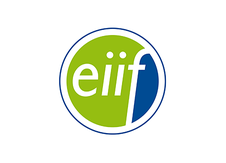Search eceee proceedings
Business logics for bioeconomy collaborations
Panel: 2. Sustainable production towards a circular economy
This is a peer-reviewed paper.
Authors:
Jon Williamsson, School of Business, Economics and Law, Sweden
Gabriela Schaad, University of Gothenburg, School of Business, Economics and Law, Sweden
Anders Sandoff, University of Gothenburg, School of Business, Economics and Law, Sweden
Abstract
Fossil fuels constitute the core of the linear socio-technological order on which our modern society is built. Through a combination of ambitious goals to foster the bioeconomy, Sweden wants to achieve zero net greenhouse gas emissions by 2045. The move towards a bio-based economy represents a transformative force for economic development which builds on the access to, and use of, forest-based resources. The commercialization of sustainable innovations that utilize renewable feedstock is a central challenge when managing the transition to a bioeconomy. Collaboration between actors from diverse industries is seen as a solution to tackle the systemic challenges that this transition entails.
This paper reports on novel cross-industry value chain collaborations in a Nordic context that have the purpose to bring new sustainable innovations to the market. Data was collected by way of four case studies of collaborations along diverse newly formed industrial value chains with varying scope and at different stages in their development. From these case studies, four distinct business logics (secondary product, bundled product, mixed product, and multi product) for bioeconomy collaboration were derived that enable the commercialization of sustainable innovations. While all four logics hinge on substituting environmentally less favorable products, different collaborative mechanisms are at play.
Results show that basing new bioeconomy ventures on existing well-developed processes, industrial infrastructure and distribution systems is beneficial. Additionally, processes of market building need attention, especially in terms of product legitimacy and policy support. The potential to scale up these types of bioeconomy ventures appears to be dependent on feedstock availability and market size.
Downloads
Download this presentation as pdf: 2-115-20_Williamsson_pre.pdf
Download this paper as pdf: 2-115-20_Williamsson.pdf














